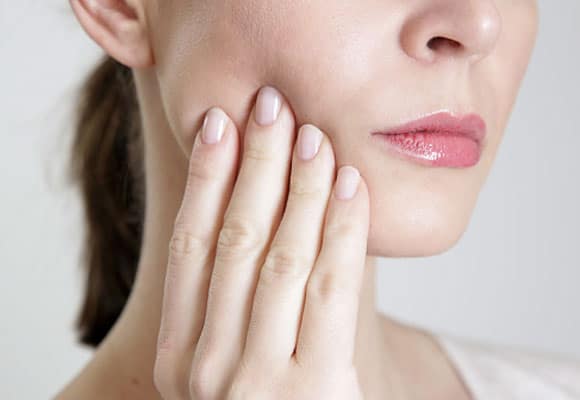
What Is Bruxism?
Types of Bruxism
Bruxism may occur when a patient is awake or during their sleep. Awake bruxism is when a patient grinds their teeth or clenches their jaw during the day. The patient is often undergoing some emotional issues at these times, so the bruxism may be unconscious. This means that they may not know that they are clenching their teeth until the emotions have passed. Anxiety, anger, or even pain may cause patients to grind their teeth. Sometimes, stressful conditions or situations that require serious concentration may make patients grind and clench their teeth without knowing.
Sleep bruxism is another form. This is when patients grind, clench, or gnash their teeth together in their sleep. Oftentimes, this grinding may be loud enough for others to hear in a quiet room. Sleep bruxism tends to be much more harmful, as patients may never know it happened until they wake up. It is even more risky as patients tend to clench with more force in their sleep. Since sleep bruxism may be caused by sleep disorders. Nightguards are often prescribed for patients who suffer from them.
